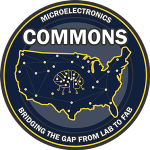

Moore’s Law 2.0
Spanning research in new materials, new devices, new architecture and storage for information technologies. This research effort includes research in sustainable manufacturing processes, especially those that remove dependencies from rare-earth elements.
Resilient Hardware
This cluster encompasses research in new embedded platforms, integrating energy efficiency from device to systems, and the development of new scalable, vertically-integrated solutions, which adopt new emerging packaging solutions.
Communications and Sensing Solutions
Delivering high-bandwidth communication solutions, including 6G and Terahertz circuits, and continuous-sensing and in-sensor processing for embedded devices operating on scavenged energy.
Trustworthy Silicon
The cluster’s goal is to deliver trustworthy hardware and system solutions, built on hardware components that are manufactured by multiple, potentially non-trustworthy design houses and fabs.
Chiplet Ecosystem
The rise of chiplet-based design is transforming the semiconductor industry, enabling modular, high-performance, and cost-effective computing solutions. This research theme explores innovations in chiplet architectures, interconnect technologies, and heterogeneous integration to enhance scalability, energy efficiency, security, and performance. By leveraging chiplet-based approaches, we aim to develop next-generation accelerated computing platforms that push the boundaries of performance and adaptability across diverse applications, from AI accelerators to data centers and edge computing.
Education For 2040 Nanotechnology Leadership
The University of Michigan has a venerable track record of educating engineers who are prepared to address today’s daunting technical challenges, while envisioning new solutions for the future of microelectronics. Michigan graduates are consistently sought out by industry because of their exceptional leadership, grit, and collaboration skills. This endeavor focuses on infusing industry expertise and passion into our curriculum, engaging students in applied learning experiences, and strengthening student pipelines from under-represented groups, both domestic and internationally.
Industry-Academia Collaborative Partnerships
Michigan believes that strong partnerships between industry and academia are critical in accelerating technology advancement. To this end, this cross-cutting effort will support and promote strong internship pipelines, especially when promoting new technology transfers, collaborative research endeavors, and in-residence industry experts to promote close engagements between Michigan researchers and industry partners.
- Driving breakthroughs across the full semiconductor stack—from materials to systems, design, and manufacturing.
- Preparing engineers through hands-on training, mentorship, and industry engagement, empowering them to solve today’s challenges and lead tomorrow’s advancements.
- Fostering partnerships between academia, industry, and government to accelerate technology transfer and nurture startups that shape the future of microelectronics.

U-M Innovation Transitioning to Start-Ups
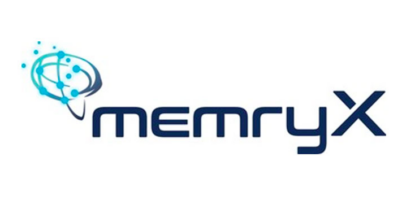
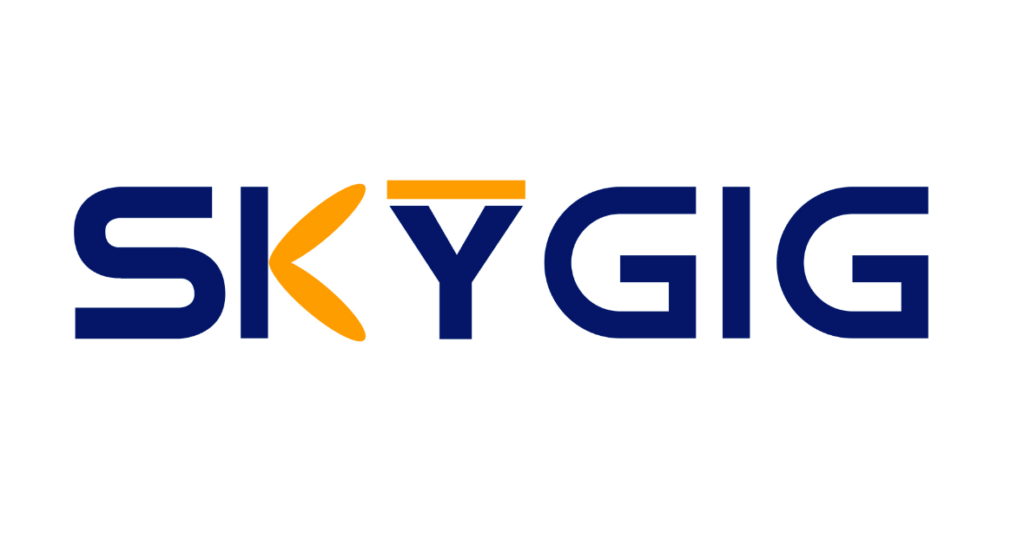
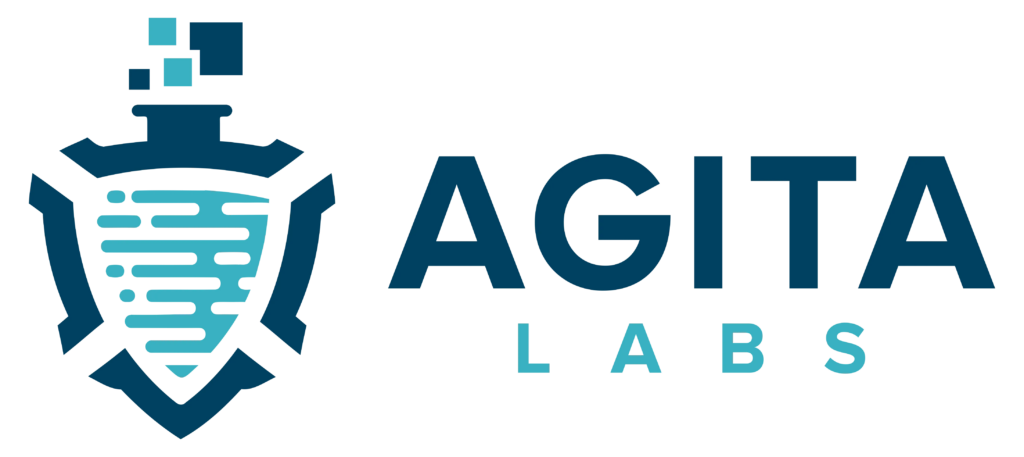

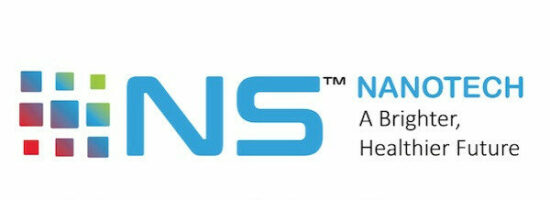

27
Jun 24
Announcing the Michigander Scholars in Semiconductors Scholarship

MAVERIC Sponsors
